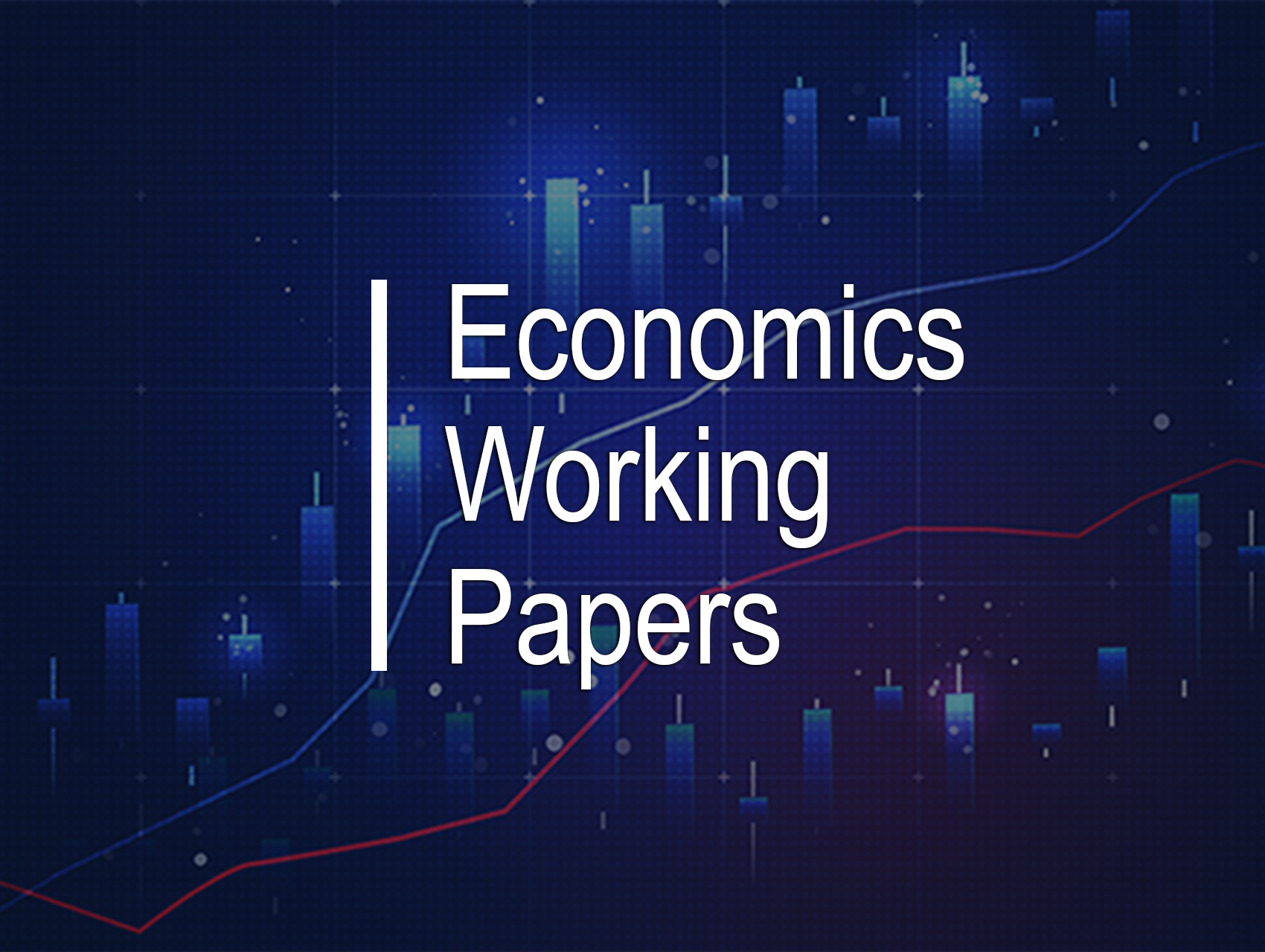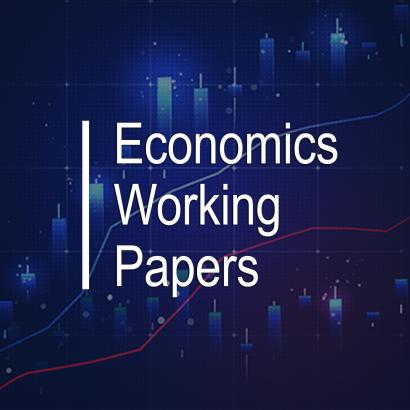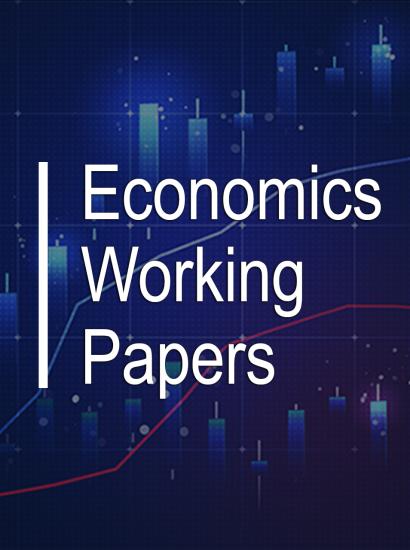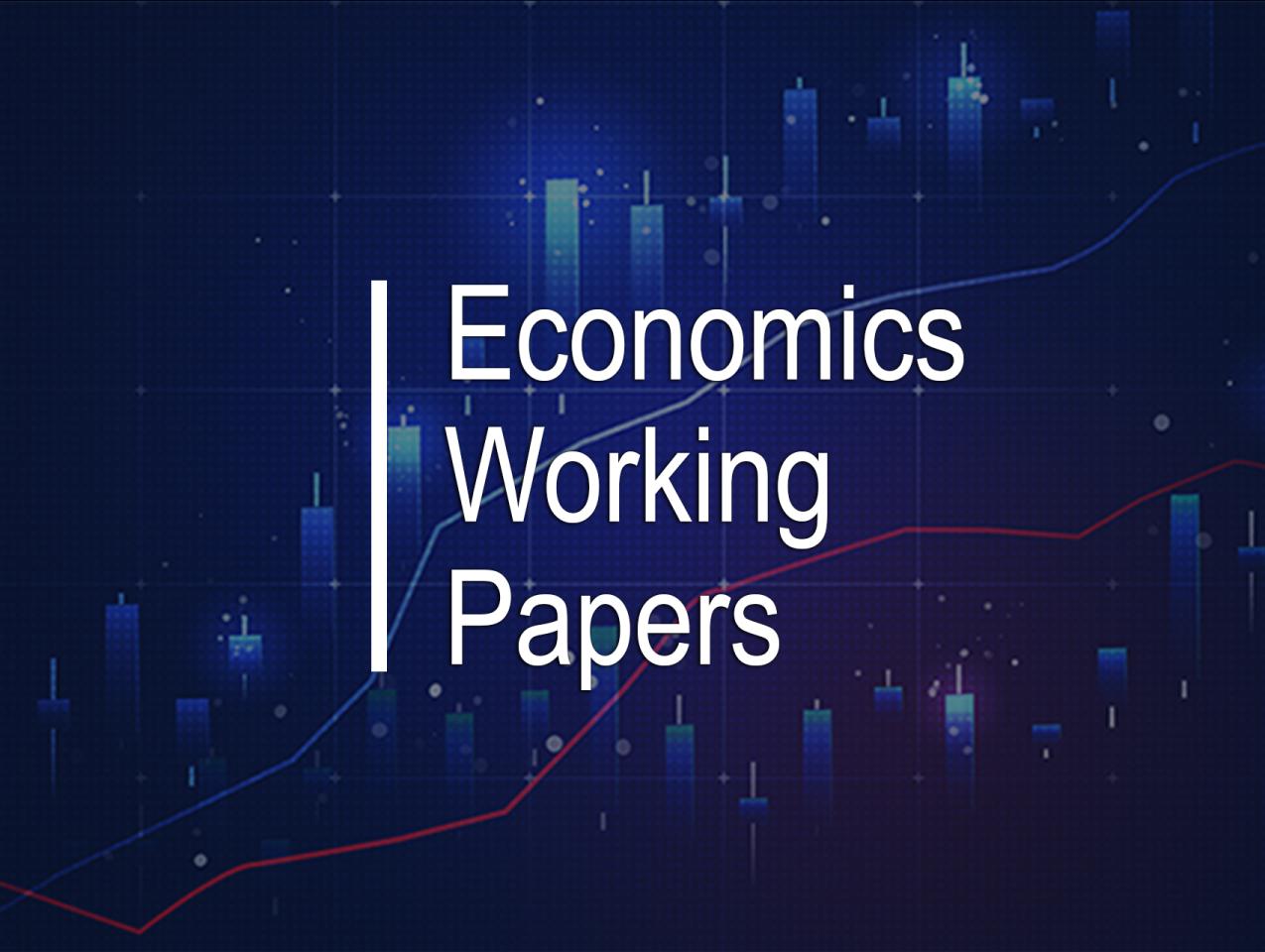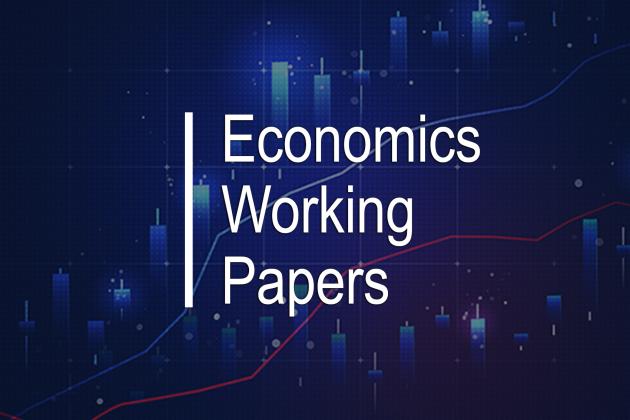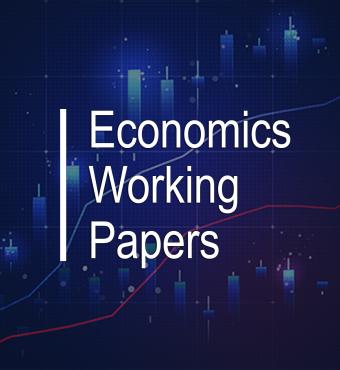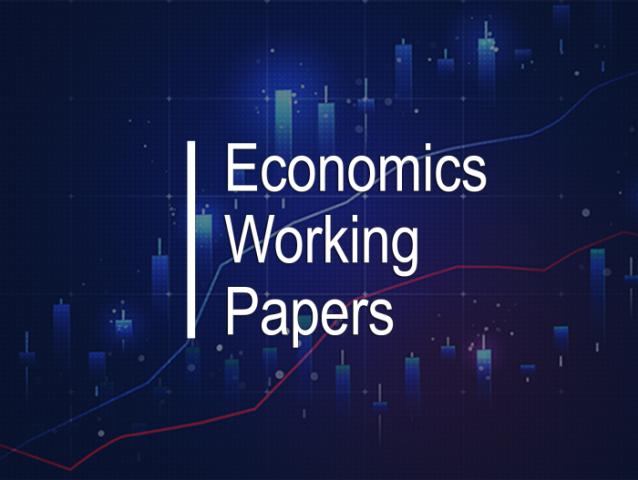Economics Working Paper 18109
Abstract: Property rights are the most fundamental institution in any society. They determine who has decision-making authority over assets and who bears the costs and benefits of those decisions. They assign ownership, wealth, political influence, and social standing. They make markets possible; define timelines; and provide incentives for investment, innovation, and trade. They mitigate the losses of open access and provide the basis for long-term economic growth. Economists and economic historians have long recognized the importance of secure property rights for economic outcomes. Other political economy, philosophy, historical, and legal literatures emphasize different, but critical attributes based on how property rights are allocated and to whom. The linkages among the social, political, and economic effects are examined here with respect to US and Latin American frontier land and minerals. Property rights were sharply different across the two frontiers with apparent long-term consequences for economic growth, innovation, wealth distribution, private investment in public goods, as well as social and political stability. The distinct assignment of property rights to land and minerals is likely a basis for long-term US exceptionalism in economic performance, individualism, mobility, and optimism. The mechanisms through which property rights to land in a frontier society affect outcomes in a contemporary, highly urban one are complex. Because property rights to land were broadly distributed, Americans could participate in capital markets using land as collateral. This ability shaped opinions regarding markets, capitalism, and individual opportunity. In the 21st century, these critical attributes may be eroding, inviting more analysis from economists and economic historians.
DOWNLOAD: Property Rights to Frontier Land and Minerals: US Exceptionalism.pdf







